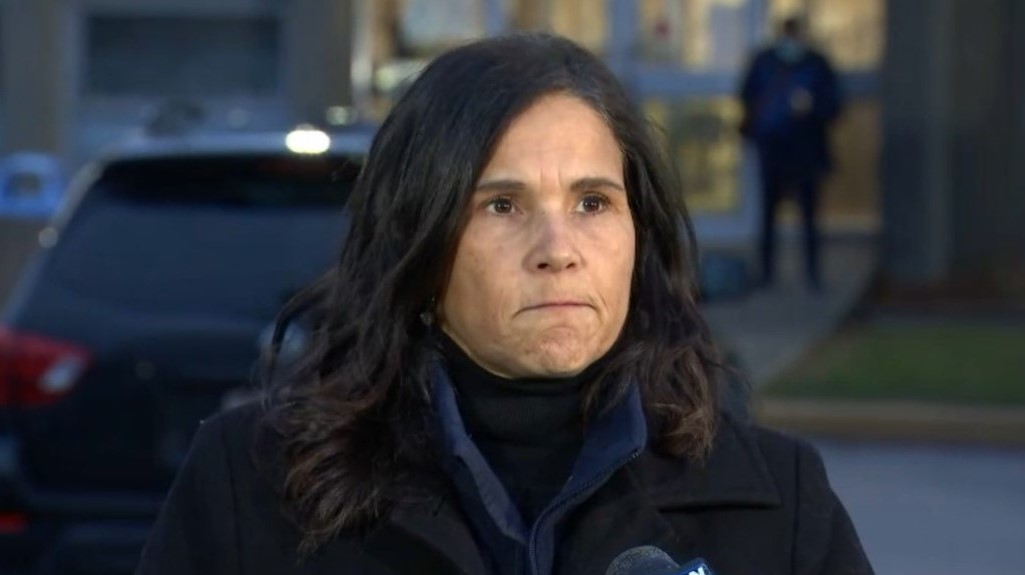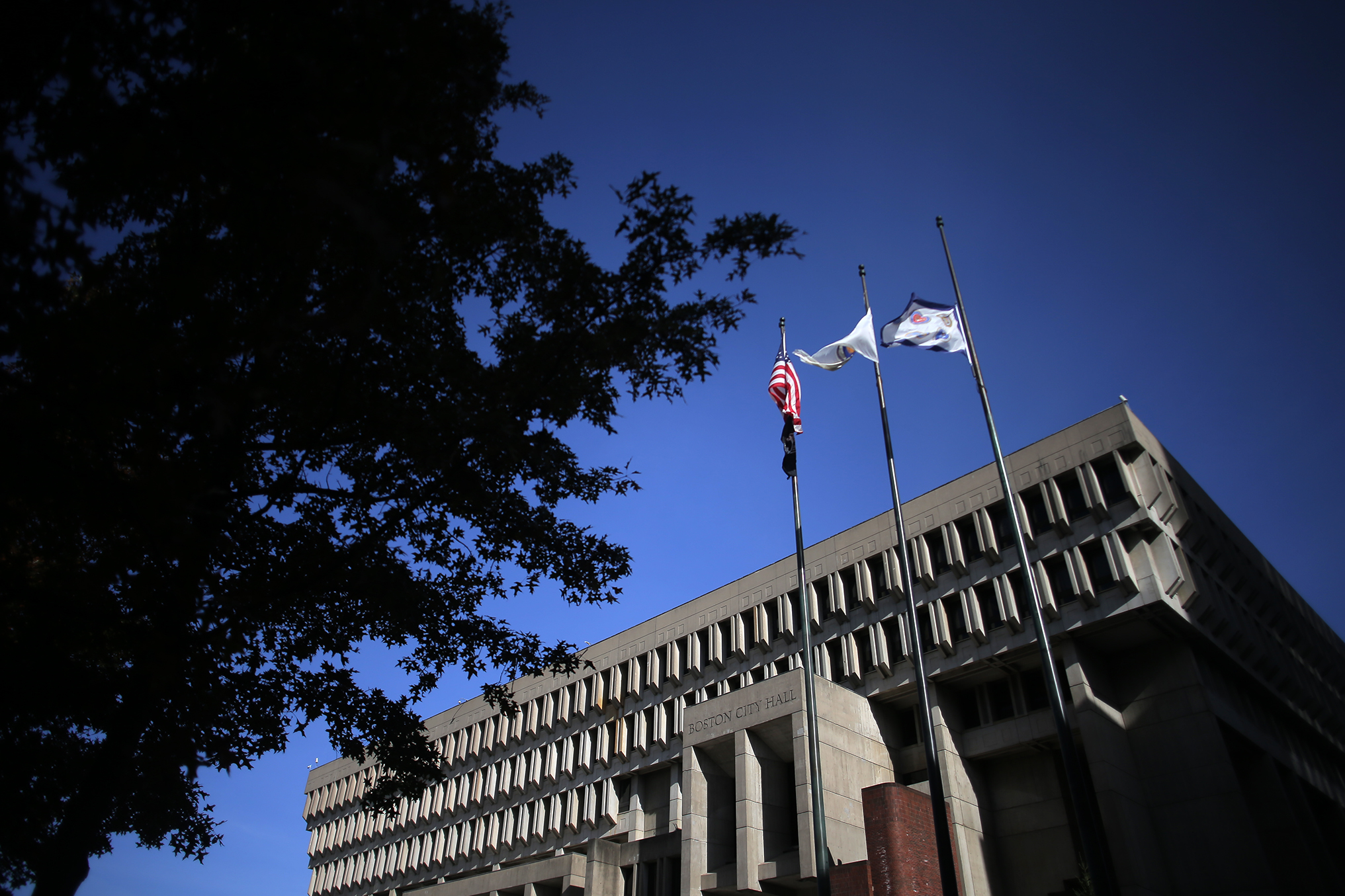Boston Mayor Michelle Wu on Wednesday visited Tufts Medical Center to see first-hand how the omicron variant-fueled surge of COVID-19 is affecting the city's health care workers.
More than 9 out of 10 intensive care unit beds at Boston hospitals have been occupied as COVID cases spike in the city, according to its data. Massachusetts has moved to preserve hospital capacity amid the surge, while state health care leaders have asked the public to do what it can to help hospitals, which are reaching a "crisis point."
WATCH ANYTIME FOR FREE
>Stream NBC10 Boston news for free, 24/7, wherever you are. |
Wu spoke to reporters after her visit, noting that the vast majority of people she saw hospitalized with COVID were unvaccinated -- and thus "completely preventable" -- and noted how exhausted doctors and nurses are amid this latest surge, nearly two years into the pandemic.
"Our health care workers are incredible. For two years now, they have been on the front lines putting everything they have into the care of our most vulnerable friends, family and neighbors," the mayor said.
Get updates on what's happening in Boston to your inbox. Sign up for our >News Headlines newsletter.
Tufts Medical Center's president and CEO, Michael Tarnoff, said he invited Wu to make rounds at the hospital when they first met several weeks ago, and was grateful she and other officials got to see the situation.
So far, Tufts has been able stay ahead of the crush, he said. There are times when patients have to wait for a bed at the Chinatown hospital and administrators have had to postpone procedures and move staff around to keep their work going.
"The delaying of care that we're having to do for otherwise healthy patients who are trying to come in for health care is only making the situation worse over a prolonged period of time," Tarnoff said.
Wu said Boston is committed to helping Tufts Medical Center and other city hospitals handle this latest surge. She also addressed how Boston's B-Together program -- under which indoor diners will soon be required to be vaccinated -- aims to help not only medical workers but residents and local businesses.
And she said that the long lines Bostonians are waiting in for COVID tests will "be an ongoing issue," one the city is working to address or mitigate by opening new facilities and improve the experience on lines through measures like tents.
Boston's COVID test positivity was 18.2%, with an average of 154 positive tests per 100,000 residents, as of last week, the most recent data was available on the city's COVID dashboard. Since the start of the pandemic, there have been 117,014 cases as of Tuesday and 1,522 deaths, while 91,664 cases were listed as recovered.
Nearly 320 people were hospitalized per day as of last week, with 92% of non-surge intensive care unit beds occupied, according to the city's dashboard.
Last month, the leaders of Massachusetts' biggest health care organizations called on residents to take five steps ahead of the holidays amid "a crisis point" for the industry.
Health care is not the only industry being strained by COVID-19. More than 1,000 Boston Public Schools employees were out sick Tuesday and Wednesday, prompting Superintendent Brenda Cassellius to step in as a substitute teacher Wednesday.
And amid the COVID spike, some city workers have been asked to work from home through Jan. 18.



